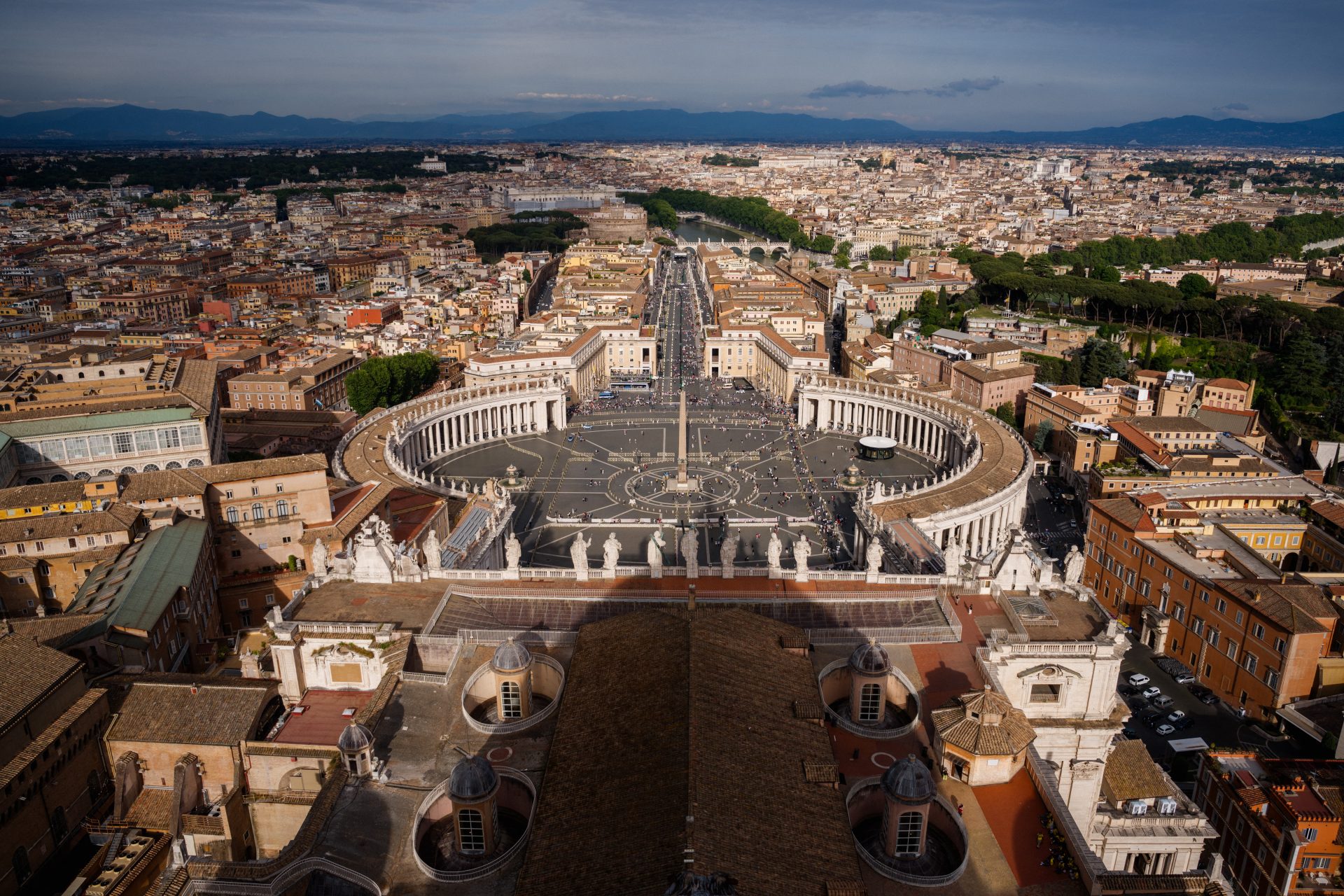All 133 cardinal electors have arrived in Rome ahead of Wednesday’s conclave to elect a new pope, the Vatican confirmed on Monday, marking a decisive moment for the global Catholic Church following the death of Pope Francis on April 21.
The cardinals — all under the age of 80 and drawn from 70 countries — represent the most geographically diverse electorate in Church history.
Their task is to discern and choose the next Bishop of Rome, a leader who will guide the Church through pressing internal and global challenges.
In recent days, the cardinals have been holding closed-door congregations to reflect on issues ranging from Vatican finances and Church unity to safeguarding measures and missionary renewal.
On Monday morning, discussions focused on “the missionary nature of the Church: a Church that must not withdraw into herself,” according to the Vatican.
Cardinals emphasized the need for “a figure who must be present, close, capable of being a bridge and a guide, of favouring access to communion for a disoriented humanity marked by the crisis of the world order.”
The new pope, they added, should be “a shepherd close to the real life of the people.”
The conclave will begin on Wednesday afternoon inside the Sistine Chapel, where the cardinal-electors will take an oath of secrecy under threat of excommunication.
They will cast one ballot on the first day and four each day thereafter until a candidate receives the required two-thirds majority.
The Vatican said it has taken extensive measures to ensure confidentiality, including cutting phone and Wi-Fi signals across the city-state, although St. Peter’s Square — where thousands of pilgrims are expected to wait — will remain outside the coverage zone.
The high level of secrecy surrounding the election is rooted in centuries-old tradition and reinforced by modern security protocols.
According to a BBC report, everyone involved in the conclave — including medics, dining staff, and cleaning crews — must also swear “absolute and perpetual secrecy.”
The Sistine Chapel and the cardinals’ residence are swept for surveillance devices, with electronic jammers in place to prevent any digital communications.
“The Vatican takes the idea of isolation extremely seriously,” said John Allen, editor of Crux, adding that cardinals must surrender all electronic devices upon entering.
“There are no televisions, newspapers, or radio at the guesthouse for the conclave — nothing,” said Monsignor Paolo De Nicolo, who once headed the Papal household. “You can’t even open the windows.”
Only walkie-talkies will be used for emergencies or to signal that a pope has been elected. “There is an oath, and those who do not observe it risk excommunication,” De Nicolo told the BBC. “No one dares to do this.”
Among the frontrunners frequently named in both Church circles and the press are Cardinal Pietro Parolin of Italy, Latin Patriarch of Jerusalem Pierbattista Pizzaballa, Filipino Cardinal Luis Antonio Tagle, and Hungarian conservative Cardinal Peter Erdo.
But analysts stress that the conclave could still yield a surprise, as it did in 2013 with the election of Jorge Mario Bergoglio as Pope Francis.
Some of the pre-conclave maneuvering has taken unusual turns. A video clip of Cardinal Tagle singing John Lennon’s Imagine was released online in an apparent effort to damage his candidacy — but it instead went viral and drew sympathy.
By Wednesday morning, the cardinals will be fully sealed off from the world. Once a new pope is elected, he will be introduced from the balcony of St. Peter’s Basilica with the traditional “Habemus Papam” announcement, as white smoke rises from the Sistine Chapel chimney. – With reporting from Agence France-Presse and the BBC.







